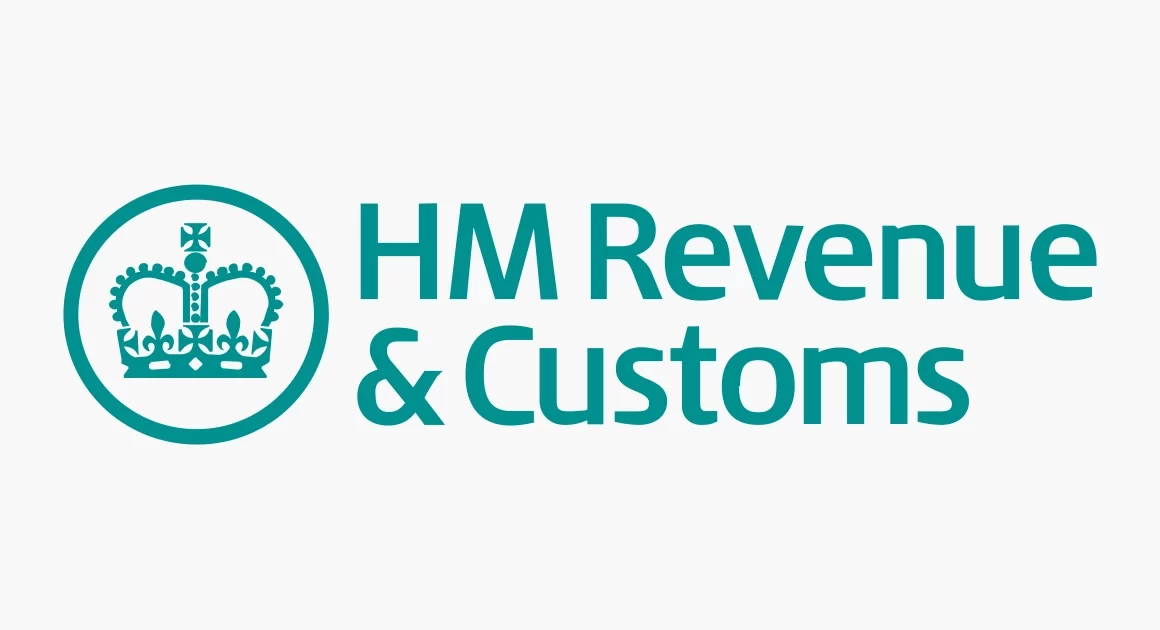Relocating to the UK can be an exciting yet challenging experience, especially when it comes to navigating the education system for your children. Understanding the different types of schools, the admissions process, and special educational needs provisions is essential for ensuring your child’s smooth transition into their new academic environment. This easy guide will help you understand the key aspects of the UK education system.
Types of Schools in the UK
When it comes to schooling in the UK, families have several options to choose from:
- State Schools: These are government-funded schools that are free for residents. State schools follow the national curriculum and are a popular choice for many families.
- Independent Schools: Commonly known as UK public schools which are actually private schools. These institutions charge tuition fees but often offer smaller class sizes and more personalized attention. Independent schools may also have enhanced facilities and extracurricular options.
- Academies and Free Schools: These schools operate with more autonomy than traditional state schools and can offer specialized curriculums. Academies are funded by the government but have more freedom to manage their curriculum, staff, and finances.
The School Admissions Process
Understanding the school admissions process is crucial for securing a place for your child. Here’s what you need to know:
- Application Timeline: School applications typically open in the autumn for the following academic year. It’s important to check local deadlines as they can vary by region, but most applications must be submitted by January.
- Required Documents: To apply for a school place, you will need to provide certain documents, such as proof of your address, your child’s birth certificate, and any previous school records. Be sure to gather these documents in advance to avoid delays.
Special Educational Needs (SEN) Support
The UK has strong provisions for children with special educational needs (SEN). If your child requires additional support, the school system has structures in place to assist them. The Special Educational Needs and Disability (SEND) Code of Practice outlines the rights of children with SEN and ensures they receive appropriate support. Schools are required to create an Individual Education Plan (IEP) for children who need extra help in their learning.
Extracurricular Activities
Extracurricular activities are an important part of the school experience in the UK. Encouraging your child to participate in sports, music, drama, and various clubs can help them socialize, develop new skills, and integrate into their new school community. These activities are also an excellent way for children to make new friends and adapt to life in the UK.
Conclusion
While the UK education system can initially seem complex, understanding the different types of schools, the admissions process, and the support available for children with special needs will make it easier to navigate. With the right preparation, you can ensure that your child receives the best possible education and has a positive experience during your family’s relocation to the UK.





